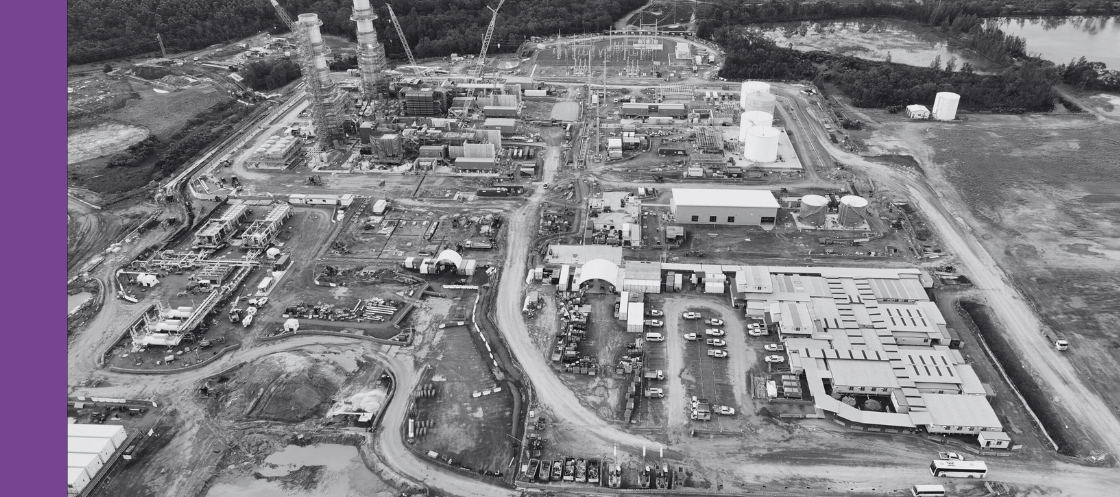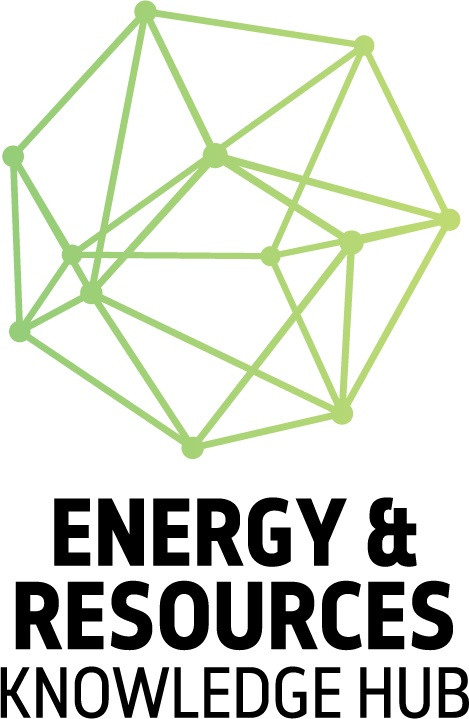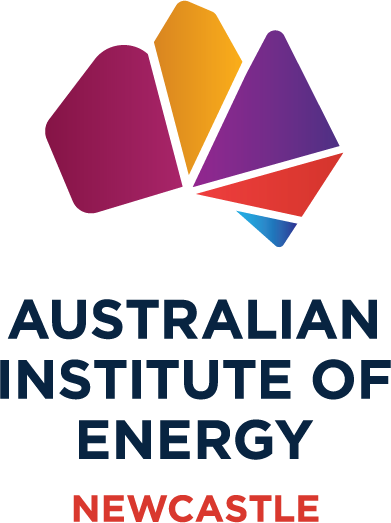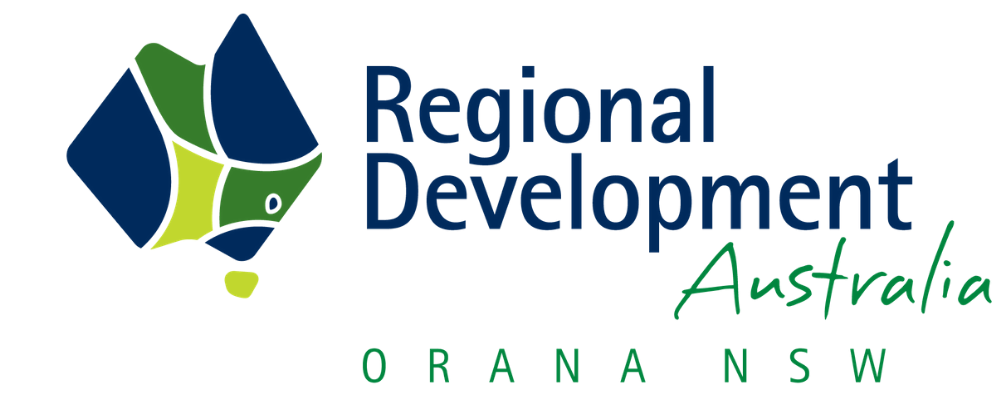Modification request for Hunter Power Project to allow diesel use for first year
Snowy Hydro seeks approval for increased diesel fuel operation at Hunter Power Project in response to delays in natural gas pipeline construction

Snowy Hydro Limited has submitted a proposal to temporarily modify the operational conditions of its Hunter Power Project due to delays in the construction of the natural gas pipeline meant to supply the plant. The company is seeking to lift the restrictions on diesel fuel use during the project’s first year of operation to ensure the power station can begin commissioning in late 2024.
The gas-fired power station, slated to eventually incorporate hydrogen, is located near Kurri Kurri in New South Wales and was approved by the NSW Minister for Planning in December 2021. It consists of two open-cycle gas turbine generators with a total capacity of 750 MW. However, the pipeline supplying natural gas is not expected to be completed until late 2025, meaning the plant will need to operate on diesel for up to a year.
Current conditions limit the plant’s use of diesel to just 175 cumulative hours per year for power generation. Snowy Hydro is requesting a modification that would allow both gas turbines to operate for up to 1,100 hours on diesel during 2025. This would require temporary relief from Condition A9 of the project’s approval.
According to the modification report, "the proposed modification would not result in impacts that exceed the intensity of the impacts assessed in the EIS," as the Environmental Impact Statement (EIS) had already accounted for diesel usage in its assessments.
Snowy Hydro’s modification proposal reviews key environmental factors, including air quality, greenhouse gas emissions, noise, traffic, water usage, and waste generation. These were initially evaluated in the EIS, with modelling that assumed the turbines could run at maximum capacity on diesel fuel. The modification report revisited the data and confirmed that the anticipated emissions would still fall within the most recent air quality assessment standards. Additionally, the site’s location and surrounding sensitive receptors remain unchanged from the original EIS.
The report indicates that operating on diesel would result in a roughly 80% increase in emissions compared to the updated first-year scenario presented in the EIS. The turbines would also generate 33% more emissions per megawatt of electricity produced, and 8% more emissions per hour of operation, when compared to subsequent years when the plant will primarily use natural gas.
The report stresses that the modification is a temporary measure, necessary to accommodate the delay in gas pipeline construction. Once the pipeline is completed, the plant will transition to primarily using natural gas. "Once construction of the gas pipeline is completed, the turbines would be operated on natural gas in preference to diesel fuel, based on the availability of natural gas," the report states.
The modification request is currently being reviewed by planning authorities. If approved, it would enable the Hunter Power Project to proceed with commissioning in late 2024, despite the delays in natural gas infrastructure.












